
Canadá/CBCNews-BritishColumbia/2 de abril de 2016/Autor: Jason Proctor
Resumen: La Universidad Británica de Columbia es una de las universidades
públicas más importantes de Canadá y actualmente se encuentra sumergida en
una crisis generada por problemas de diversas índole, los cuales van desde
asaltos sexuales a motines en algunas facultades. Dado a una disputa entre
el personal rector de la Universidad en los campus de Vancouver y Okanagan,
se ha generado comentarios en los medios sociales propiciado por los
estudiantes, donde se exhibe la información de los eventos en los campus
que han generado grandes sumas de dinero; los estudiantes han pedido
transparencia a las autoridades. Por otro lado, la UBC ha tenido que hacer
frente a la votación de la Asociación de Profesores de no confianza en el
consejo de administración, en tanto, los críticos se han quejado de que la
junta está tratando a la universidad como una corporación.
Noticia:
Pollster says old-fashioned press conferences and media lines don’t work
in transparency-focused era
As the University of British Columbia stumbles from crisis to crisis,
smiling officials have attempted to put a brave face on problems ranging
from sexual assaults to faculty mutiny.
It’s understandable that one of Canada’s most revered public institutions
would want to protect its reputation. But at what point does the obsession
with good public relations become a problem in and of itself?
Amplifying the damage?
There’s a telling point in Madam Justice Lynn Smith’s review of the fiasco
that resulted in former board of governors’ chairman John Montalbano’s
resignation last October.
One that speaks to PR issues which continue to dog the university.
If you haven’t been following the soap opera intrigue inside UBC’s hallowed
halls, Montalbano stepped down in November after Smith found UBC failed to
protect the academic freedom of Jennifer Berdahl.
She’s the professor who blogged about her suspicion suddenly
departed former president Arvind Gupta lost a «masculinity contest» with
school leadership.
UBC professor Jennifer Berdahl wrote a blog suggesting former president
Arvind Gupta had lost a masculinity contest with school leadership.
(Twitter)
Never mind that copies of emails between Montalbano and Gupta leaked months
later appeared to back up that claim; not for the first or last time,
UBC’s PR-centric approach to a situation only served to amplify the damage.
The judge didn’t find Montalbano broke any policies himself, but said
nobody stopped him from making an «unprecedented and unwise» direct call to
Berdhahl to tell her how unhappy he was with her musings.
Instead, the office of the dean of the Sauder School of Business appears to
have been worried about potential fallout from the posting on a blog
which — realistically — most people might never have heard of had the whole
situation not been handled so spectacularly badly.
«Concerned about Mr. Montalbano, Sauder’s reputation and future fundraising
prospects, the dean’s office conveyed a message about those concerns to Dr.
Berdahl,» Smith wrote.
«At the same time, it failed to elicit her point of view or state support
for her in the exercise of her academic freedom.»
Transparency demanded
In case you missed that — essentially — the university was more worried
about looking good than acting well.
It’s an approach veteran pollster Mario Canseco says appears to be typical
of the way UBC handles problems — one stuck in an era when crisis
communication meant a press conference and an apology.
«The era of holding press conferences is coming to an end,» says Canseco,
vice-president of Insights West.
«If you don’t engage people using the tools that they’re communicating
with, it’s going to be very difficult to try to turn the tide and change
perceptions they have of you and your brand.»
With 60,000 students and 15,000 staff split between its Vancouver and
Okanagan campuses, Canseco says UBC is effectively a small community. One
that would rank somewhere between Prince George and Nanaimo in scale.
Given the youth of the student population, he says it’s impossible not to
expect social media buzz around major events on campus to outstrip official
proclamations. And what’s demanded is transparency.
Former UBC president Arvid Gupta abruptly relinquished his post last
August. The university has struggled to explain why ever since. (UBC)
This week, UBC has had to deal with the faculty association’s vote of no
confidence in the board of governors, continued fallout from the Gupta
affair and the search for a new president.
The university’s vice-president of external relations has called the vote a
«healthy internal discussion» which is good to have in a place full of «big
personalities and big egos».
But critics have complained the board is treating the university like a
corporation, as opposed to the open marketplace of ideas, dissent and
democratic principles that you might hope for from a post-secondary
institution.
Cardinal rules for risk communication
In 1988, a pair of American researchers laid out what are still considered
the seven «cardinal rules» for risk communication.
Chief among them: «be honest, frank and open»; «speak clearly and with
compassion»; and «accept and involve the public as a legitimate partner.»
Granted, what’s happening on campus may not rise to the level of health,
safety or environmental threat risk communication is usually meant to
convey, but good public relations borrows from the same principles.
Canseco says these are lessons he learned himself after the dramatically
wrong predictions pollsters made about B.C.’s 2013 election.
«I’ve done 35 elections in my life. In the 34 that went well, nobody called
me,» he says.
«You need to be able to face all of the controversy that comes when
something goes wrong and the best way to do it is be open and say, ‘this is
what happened,and this is why it will never happen again.'»
The facts about Gupta’s departure have gradually emerged through access to
information requests, leaks, and the former president’s decision to break
his own non-disclosure agreement.
But the process has left UBC looking like it is being dragged into the
light instead of leading the charge.
There’s another telling moment, this one from the *massive FOI dump*
the university released almost half a year after Gupta’s sudden resignation.
It’s a four-page summary of the «various chatter around social media»
prepared by a communications officer for UBC managing director of public
affairs Susan Danard on the day Gupta’s departure was first announced in
August 2015.
«Arvind Gupta» was trending in Vancouver by 1:15 p.m. with an average of
«400 people at any given moment reading the Arvind article» on the
university’s website.
The memo lists four «main themes of tweets» including «what’s the real
story?»
We’re still waiting.
Fuente:
www.cbc.ca/news/canada/british-columbia/has-ubc-s-obsession-with-good-pr-made-image-problems-worse-1.3512971
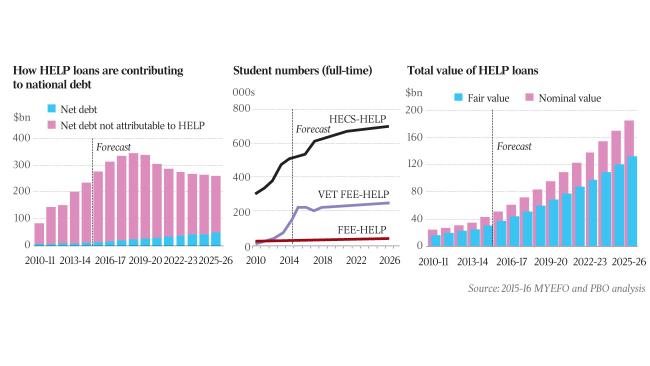
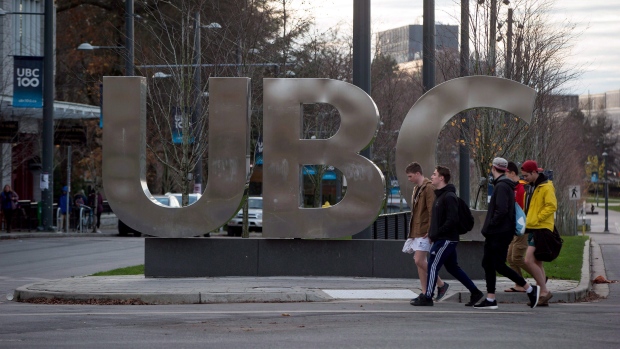


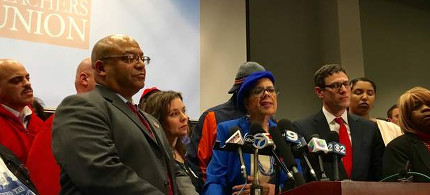
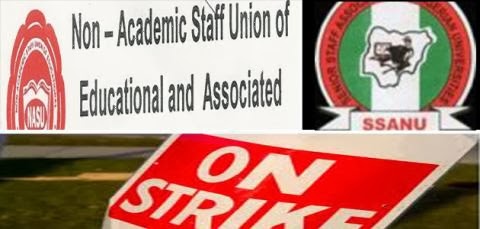

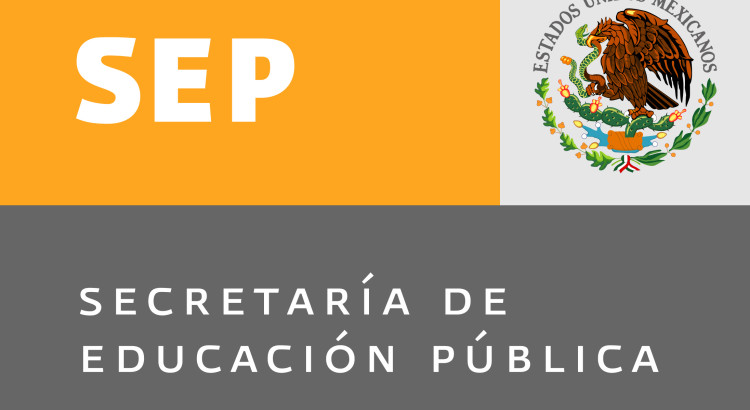







 Users Today : 11
Users Today : 11 Total Users : 35460274
Total Users : 35460274 Views Today : 12
Views Today : 12 Total views : 3418980
Total views : 3418980